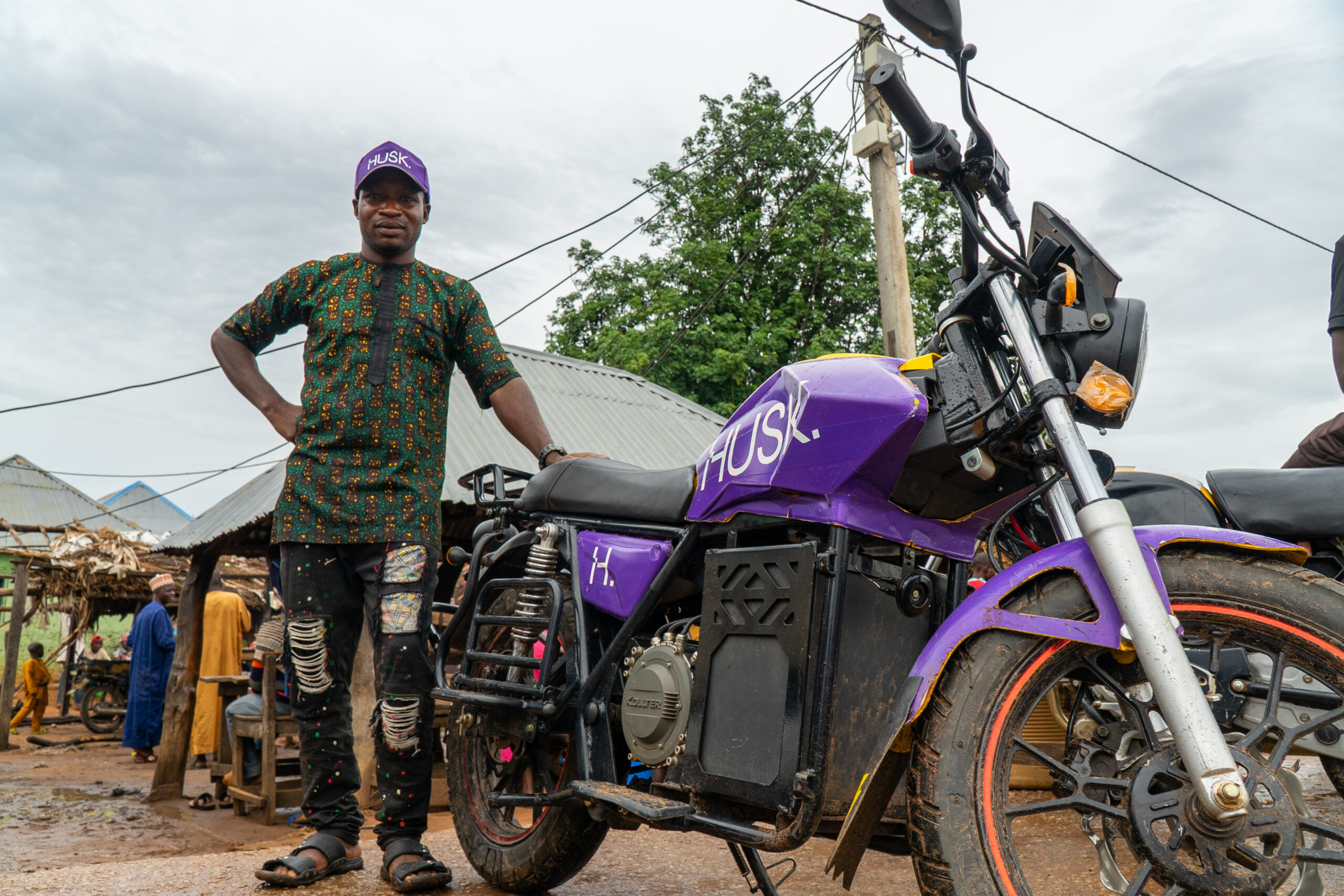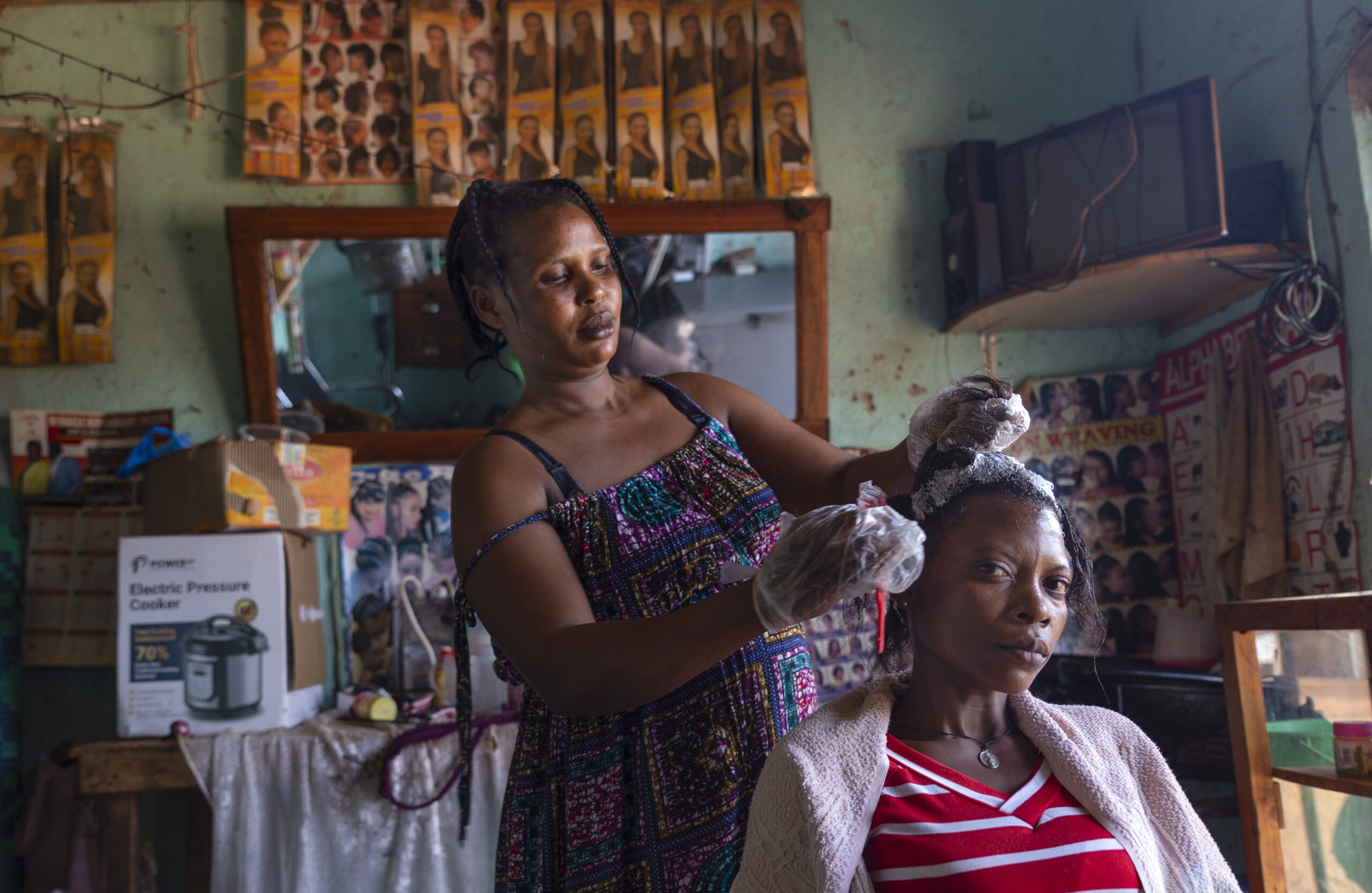The King’s Speech today (7 Nov) has announced a watering down of green policies, an increased focus on new oil and gas licenses and an absence of any mention of international climate commitments, despite the global climate summit COP28 starting at the end of this month.
Dr Ashok Sinha, CEO of climate solutions charity Ashden, said: “It’s essential that the UK maintains international climate leadership by being in the vanguard of phasing out fossil fuels. Instead, we’re announcing greater support for fossil fuels just three weeks before COP28 starts. This is the opposite of the leadership required to secure a global agreement at the talks to phase out fossil fuels and will do nothing to lower energy bills or increase energy security.
“The fact that the UK also recently declined to sign the latest High Ambition Group of countries statement which called for international solidarity to put in place financial system reforms responsive to the multitude of crises the world faces today – is another blow to our reputation for leadership. Such decisions are a dereliction of duty both to UK citizens and to the world. The focus must be on investing in and upscaling the solutions which decrease emissions, create jobs and benefit communities – and there are plenty. We have the technology and know-how, we just need to show the will and vision.”
Ashden runs annual awards (celebrated in London and online next Tues 14 Nov) in which they showcase transformative climate solutions from the UK and the global South, plus through running clean energy programmes and campaigns, with a strategic focus on green jobs, skills and livelihoods.
UK – increasing fossil fuel extraction won’t keep UK citizens warm this winter
In the UK, Ashden is also part of the Warm this Winter coalition which has stated in a press statement: ‘Rishi Sunak is playing politics with energy policy, when what we urgently need is a government that’s serious about bringing down people’s energy bills and ensuring we have a secure and affordable power supply. An estimated 6 million households in this country now can’t afford to heat their homes in winter. Unlike insulating homes or boosting renewables, this does nothing to help ordinary people, it just boosts the profits of oil and gas companies.
Dr Sinha says: “These new licences don’t work on any level – they won’t make any difference to bills or energy security, will delay a just transition away from oil and gas, and they won’t send the right message internationally that we’re serious about our climate response.”
Two clean energy solutions in action – Uganda and Nigeria
Initiatives such as Husk Power in Nigeria and Power for All in Uganda, both nominees for the 2023 Ashden Award for Integrated Energy in Africa, are providing millions of people with access to clean energy – and with focused financial support could provide it to millions more.
In Sub-Saharan Africa, solar minigrids are bringing clean power to communities that won’t see main grid connection for many years, if ever. In Nigeria, the ambitious Sunshot Initative, a brainchild of Husk Power Systems (Husk), aims to benefit 7.7million people across the continent within five years.
The first Sunshot minigrids are already operational in Nigeria’s Nasarawa State. These are backed with support for local small businesses, like loans for new productive machines and appliances that help entrepreneurs to launch or grow their enterprise.
This ensures lasting demand for power, which helps to lower the price paid by consumers, a crucial strength of Husk’s work. The company’s ability to quickly and efficiently roll out its minigrids and services to new communities also keeps costs down.
Last month Husk Power secured an equity and debt investment worth more than US$100 million to supercharge the growth of community solar minigrids in rural sub-Saharan Africa and South Asia.

In Uganda, where most of the country’s 40 million people do not have access to energy, Power for All’s Utilities 2.0 Twaake project (meaning ‘light’ in Ugandan) unites centralised and decentralised renewable energy companies to achieve faster and cheaper electrification, boost rural livelihoods, and end energy poverty. Utilities 2.0 local energy ecosystems help homeowners to understand how to use and pay for energy, and how to build businesses and increase incomes with renewable power. They then install a local solar minigrid in a few days (something a centralised utility usually takes several months to do).

Photo: a hairdresser in Kiwumu village, Central Uganda uses solar power for her shop, supplied by a mini grid installed in 2020 through Power for All, which offers a much more robust and dependable source of electricity than her previous diesel generator. Credit: Credit: Miriam Watsemba /Ashden
Dr Sinha said: “Investment in these projects should be a clear demonstration to governments that many investors are clearly behind the clean energy sector. But for the transition to happen at the scale and speed needed, these solutions need the backing of governments at COP28 through a collective, unwavering commitment to stop new fossil fuel extraction and phasing out, not just down, fossil fuel use.
“Around the world we can see that poor countries are generally feeling the worst of climate impacts but have the least financial capacity to respond. Reneging and avoiding our international responsibilities to support them shows no climate leadership at all.”
